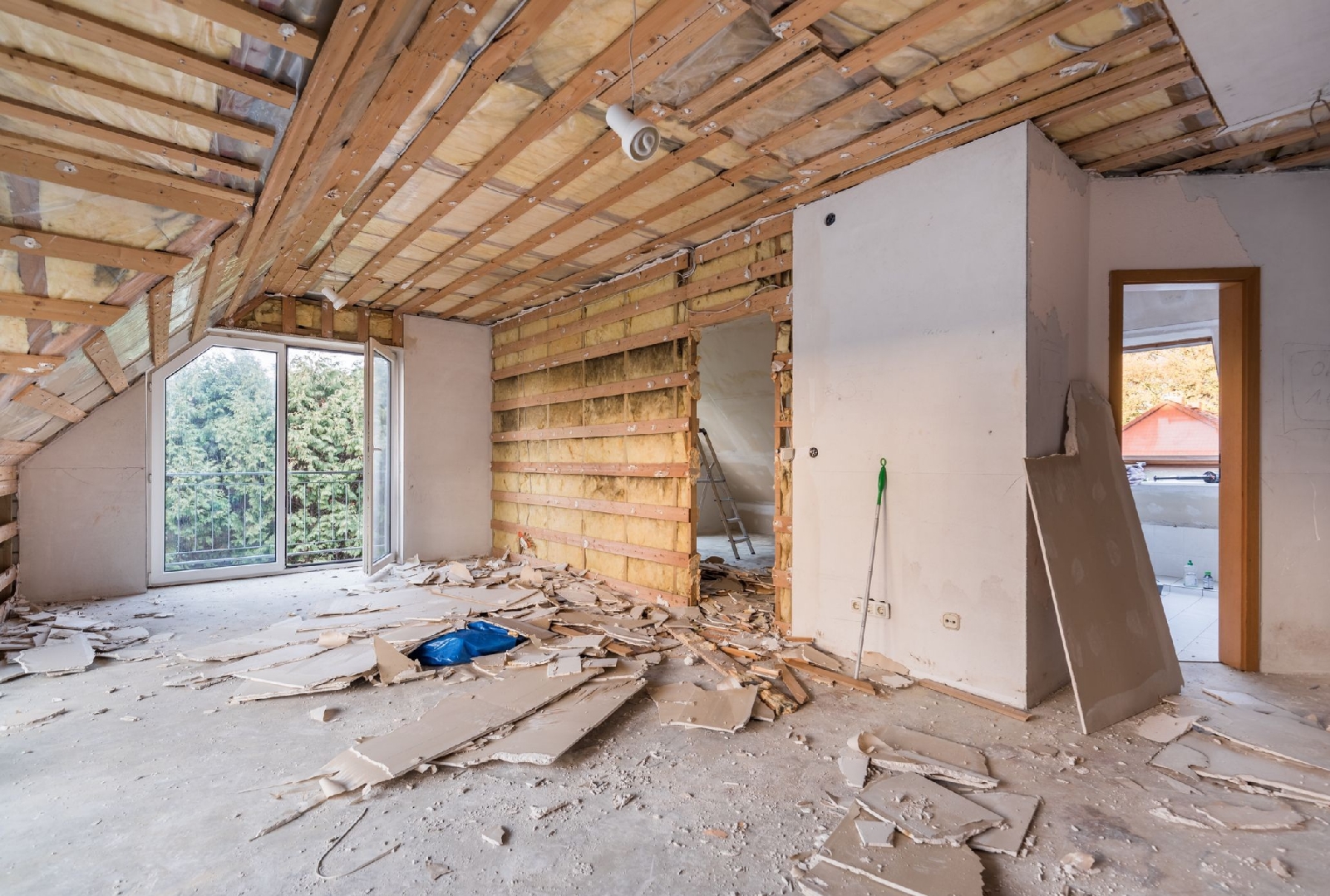Lake Properties Lake Properties
Lake Properties Lake Properties
Here’s a more detailed explanation of the regulations for property rental increases in South Africa, including how the laws and institutions work together to protect both landlords and tenants.
1. Rental Housing Act (Act 50 of 1999) – National Framework
This law governs the rental relationship between landlords and tenants in residential properties.
Key Provisions:
- Written Lease Encouraged: Although verbal leases are valid, a written lease is strongly advised, especially to detail the rental amount, increase terms, and notice periods.
- Reasonable Increases: In the absence of a specified escalation clause, any rental increase must be reasonable, and not arbitrary or excessive.
- Dispute Resolution: Tenants or landlords can lodge complaints with the Rental Housing Tribunal if an increase seems unfair or unjustified.
2. Consumer Protection Act (CPA) – Protecting Tenants in Fixed-Term Leases
This Act applies to most fixed-term leases (often 12 months), except when the landlord is a private individual renting as part of an occasional private transaction.
Main Protections:
- Advance Notice of Increase:
- A landlord must give at least 20 business days’ written notice before the end of a fixed-term lease if they intend to increase the rent.
- The tenant can either accept the new terms or terminate the lease (with 20 business days' notice, subject to reasonable penalties).
- Fairness Requirement:
- The CPA prohibits unfair contract terms, including exploitative escalation clauses (e.g., excessive annual increases above inflation without justification).
- Transparency: All terms, including increase percentages or basis, must be clearly explained in the lease.
3. Rental Housing Tribunal – Provincial Dispute Resolution Body
Each province has a Rental Housing Tribunal set up to resolve disputes free of charge.
When to Approach the Tribunal:
- A tenant believes a rental increase is unreasonable, especially if:
- The landlord gives insufficient notice.
- The increase is excessive compared to market rates or inflation.
- There is no clear clause in the lease authorizing the increase.
Powers of the Tribunal:
- Investigate and mediate disputes.
- Issue binding rulings similar to court orders.
- Enforce compliance with the Rental Housing Act.
4. Market-Related Increases – What’s Reasonable?
There is no fixed legal cap on how much rent can be increased. However, any increase should be:
- In line with market trends: Typically between 5% and 10% per annum.
- Justified: Landlords can justify higher increases if:
- The property has undergone significant improvements.
- Municipal costs (like rates or utilities) have increased dramatically.
If the increase is out of line with similar properties in the area, a tenant can challenge it.
5. Notice Periods
- Fixed-term leases: 20 business days' notice before the end of the lease to notify of increase.
- Month-to-month leases (when the fixed-term lease expires without renewal): 1 calendar month’s written notice must be given before implementing a rental increase.
6. Practical Examples
Example A: Lease Specifies 8% Annual Increase
- The landlord can enforce the 8% increase at the renewal date.
- The tenant must accept or cancel the lease (with 20 business days’ notice under the CPA).
Example B: No Escalation Clause in Lease
- The landlord must give reasonable notice and ensure the increase aligns with market conditions.
- A 15% increase without justification could be challenged at the Tribunal.















